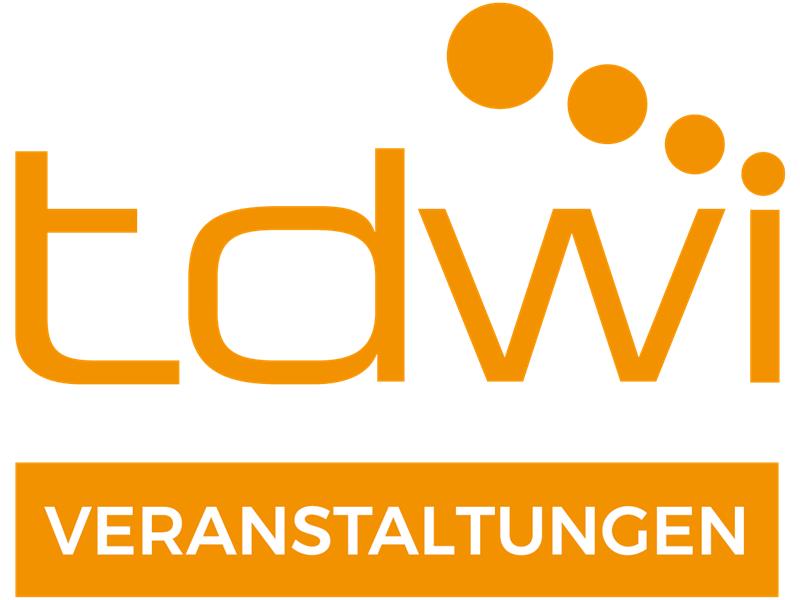Rocking the World of Airline Operations using Data, AI & OR
Learn how Lufthansa Group is leveraging AI in the sky - and how you could apply the same concepts to your business. Lufthansa Group and Google Cloud developed a cloud native application that pulls data from operational systems to the cloud for analysis by artificial intelligence and operations research for optimizing flight operations. It balances crew availability, passenger demand, aircraft maintenance status etc. Recommendations are given to Operations Control for final checks and implementation.
Target Audience: People with interest in how to apply data driven optimization of their businesses. Data Engineers, Project Leads, and Decision Makers
Prerequisites: Interest in optimizing operational processes using data. A basic understanding of managing data coming from a diverse set of operational applications
Level: Advanced
Extended Abstract:
Imagine you are an airline OpsController responsible for running the operations of an airline and you just learned that an aircraft that was supposed to leave for Frankfurt in 30 minutes has to stay on the ground longer due to a minor repair. What do you do now? Passengers have booked connecting flights from Frankfurt, otherwise hotel accommodations might become necessary. Wait for the repair and possibly delay connecting flights as well? Is such a delay okay for the crews or will some exceed their permitted working hours? Is a replacement aircraft available? If so, is there a crew for it? And what about...
Such a small issue can trigger a cascade of thighs to consider and this can quickly exceed human capabilities in their complexity. There are more potential matches of chess possible than protons in the universe. And airline operations is an even harder problem. Highly experienced people can solve situations to a certain extent based on their wealth of experience. But wouldn't it be better if optimal decisions across multiple business processes (which still can affect punctuality and passengers) were proposed to the person in the OpsControl Center with the support of an AI?
Lufthansa Group has addressed this problem and, together with Google Cloud, created a data platform for its operational data from core business processes. This data foundation is used as input for AI models to calculate future alternative scenarios from the airline's perspective. These are calculated using optimizers that Google contributes to the project. At runtime, in addition to the operational data, a set of airline-specific business rules together with a cost function, which is also the responsibility of the airline, are given to the so-called 'Solver'.
When a request is made, several scenarios are calculated in parallel. These differ in their respective configurations and their results are summarized and the best scenarios are displayed to the person in OpsControl as a proposal for evaluation via a specially created user interface. The person in OpsControl can then transfer the necessary changes back to the operational systems for implementation in the physical world. It is very important to note that today and for the foreseeable future a human being has the final say regarding the use of AI-generated proposals.
The application presented here optimizes across different business units simultaneously and avoids the common occurrence of local optimizations that contradict each other and may have to be resolved manually. The solution is in use at Swiss Intl. Airlines, a Lufthansa Group airline. After 18 months, the use of this technology resulted in CO2 emission savings of 7,400 tons per year through reduced fuel consumption, which is equivalent to approximately 18 Boeing 777 flights between Zurich and New York City. These savings will increase significantly when the application is rolled out to the other airlines in the Lufthansa Group.
In this presentation, Christian Most and Andreas Ribbrock will explain the use case. They will also show how the Lufthansa Group uses the cloud as a real-time data integration platform to prepare data from operational systems, each of which does exactly what it is supposed to do but is not designed to process data from other systems. The challenges posed by this approach will also be described. As well as the opportunities offered by 'serverless' technologies, since the project team does not have to worry about infrastructure.
Senior Director Digital Operations Optimization
Christian Most is a technology leader at Deutsche Lufthansa, focusing on innovation and the application of cutting-edge technologies in the airline industry. With a deep understanding of cloud computing, artificial intelligence, and data analytics, he drives Lufthansa's digital transformation initiatives.
Vortrag Teilen



